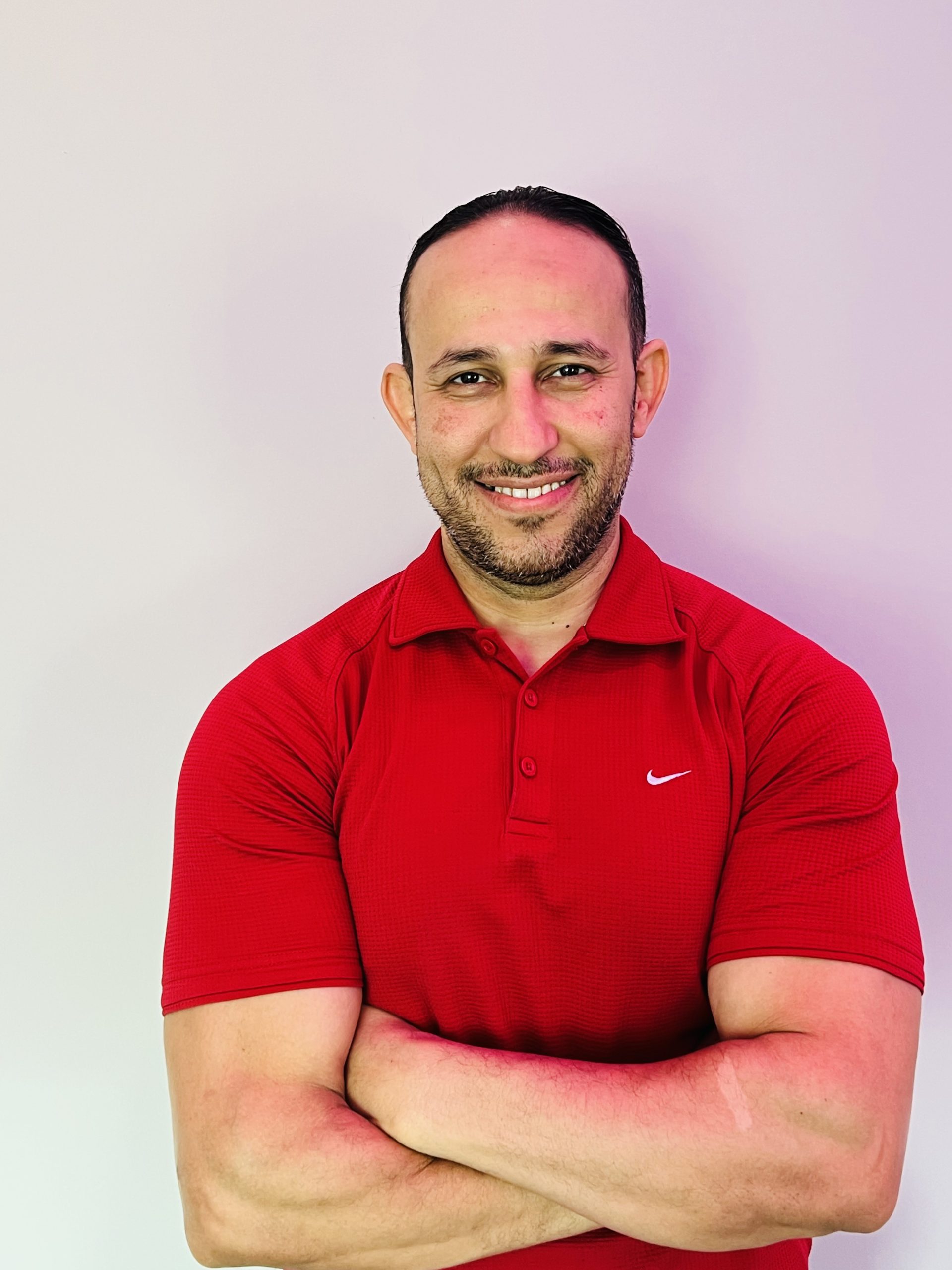Embrace a Balanced Life
Lifestyle Counseling for Your Well-Being
Lifestyle counseling acknowledges that each person’s journey is unique, and there is no one-size-fits-all approach to living a fulfilling and balanced life.
Unlock Your True Potential Lifestyle Counseling for Optimal Living
Lifestyle counseling is a collaborative and personalized approach that focuses on guiding individuals to make positive and sustainable changes in various aspects of their lives. It involves working with a trained professional, such as a lifestyle coach or counselor, who helps clients identify areas of their lifestyle that may be impacting their overall well-being and provides support in making meaningful improvements.
The counseling process creates a supportive and non-judgmental space where clients can explore their goals, challenges, and successes, ultimately guiding them toward a happier, healthier, and more purposeful life.
Benefits of Lifestyle counseling
Here’s more about lifestyle counseling:
Holistic Approach: Lifestyle counseling takes a holistic view of a person’s life, considering physical, emotional, mental, social, and environmental factors. It recognizes that these aspects are interconnected and influence overall health and happiness.
Identifying Goals: The counseling process begins by setting achievable and meaningful goals. Clients work with their counselor to identify areas they want to improve, such as stress management, nutrition, exercise, sleep habits, work-life balance, relationships, or personal development.
Tailored Plans: Lifestyle counselors create individualized action plans based on each client’s unique needs, preferences, and circumstances. These plans are designed to help clients gradually adopt healthier habits and develop sustainable lifestyle changes.
Education and Resources: : Lifestyle counselors provide valuable education, resources, and tools to support clients in their journey toward positive lifestyle changes. They may offer information on nutrition, exercise, stress management techniques, time management, and other relevant topics.
Accountability and Support: One of the significant benefits of lifestyle counseling is the ongoing support and accountability it offers. Clients meet regularly with their counselor to track progress, discuss challenges, celebrate successes, and adjust the action plan as needed.
Behavior Change Techniques: Lifestyle counseling may incorporate behavior change techniques, such as motivational interviewing, goal-setting strategies, positive reinforcement, and cognitive-behavioral approaches. These techniques help clients overcome obstacles and stay committed to their goals.


